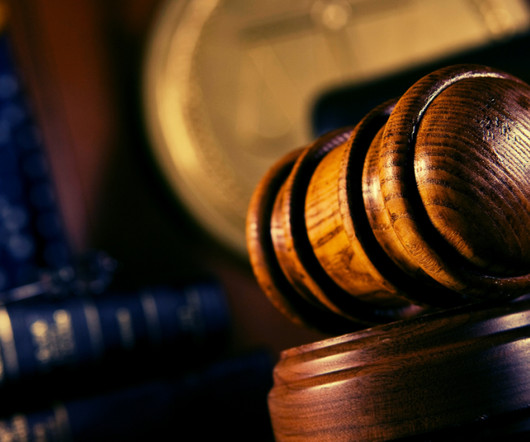A SIMPLE SUMMARY OF TRIAL CONCEPTS
Plaintiff Trial Lawyer Tips
FEBRUARY 3, 2025
Decisions are not simply made on the basis of intellectual analysis of the testimony and evidence. The primary factors prevail over facts, evidence and logical reasoning. We should survey facts, case evidence and case issues through representative groups of people. Emotion plays a huge role. The importance of focus studies.











Let's personalize your content